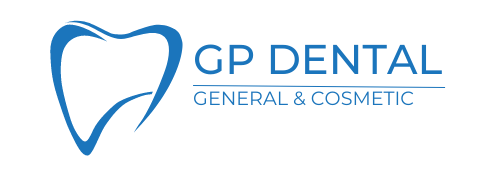At GP Dental we cater treatment to your individual needs.
Do you have any of these symptoms?
We can help you.
We understand that dentistry is not only about healthy teeth and gums, but also about how you function, your appearance, and most importantly, an enjoyable and rewarding dental experience.
For every new patient, we do a comprehensive examination of the facial, neck, oral tissues, teeth, and jaws to screen for disease, malfunction, or abnormalities. This may involve taking X-rays to provide information not otherwise detectable. We can then discuss your needs, desires, and requirements and present you with a treatment plan and estimate of the cost of the treatment.
We provide a full range of high-quality general dentistry, including non-amalgam fillings, root canal treatment, removal of teeth, dentures, crowns, bridges, veneers, jaw joint treatment, implants, mouth guards, tooth whitening, children’s dentistry, thorough check-ups, and cleans.
If you have any questions about dental checkups please click here
